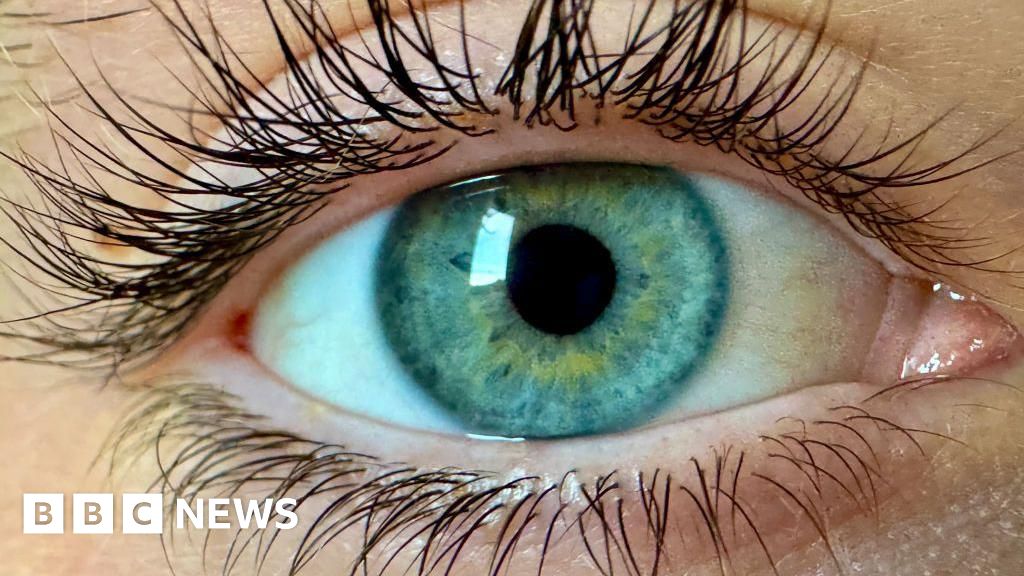Scientists Claim to Have Discovered a 'New Colour' Never Seen by Humans Before










2025-04-19T14:49:29Z

A groundbreaking announcement has emerged from a team of scientists who claim to have discovered a new colour that no human has ever perceived. This remarkable finding, the result of a fascinating experiment in the United States, involves stimulating specific cells in the retina using laser pulses. Participants involved in the study report witnessing a vibrant shade that researchers have dubbed "olo," a term that underscores the uniqueness of this colour. However, some experts remain skeptical about the existence of a truly new colour, suggesting that the topic is still open for debate.
The intriguing results of this study were published in the esteemed journal Science Advances on a recent Friday. Professor Ren Ng, a prominent figure in the research and a member of the University of California faculty, expressed his amazement at the findings, describing olo as "remarkable." He elaborated that this newly observed shade is purportedly far more saturated than any colour that can be observed in typical environments.
To illustrate the concept of olo, Prof Ng provided a vivid analogy: imagine going through life seeing only pastel colours, like a soft pink. Then, one day, you encounter the most vibrant version of that pink, which someone identifies as reda completely new colour experience. This analogy captures the essence of how olo might feel to those who experience it, suggesting a profound enhancement of visual perception.
The experimental setup was quite sophisticated. Researchers directed a laser beam into the pupil of one eye for each participant, resulting in a unique visual experience. This study was conducted with five individualsfour males and one femalewho all had normal colour vision. Notably, three of the participants, including Prof Ng himself, were also co-authors of the subsequent research paper.
The device used in the experiment, referred to as "Oz," was a highly specialized piece of equipment comprising mirrors, lasers, and optical devices designed by the participating scientists from UC Berkeley and the University of Washington. This device was tailored and enhanced specifically for the current study, allowing for an in-depth exploration of how the retinaa light-sensitive layer of tissue at the back of the eyeinteracts with intense light stimuli. The retina plays a crucial role by converting incoming light into electrical signals, which are conveyed to the brain through the optic nerve, ultimately facilitating our ability to perceive the world around us.
This research could pave the way for significant advancements in understanding colour perception, particularly in the context of colour blindness. By exploring the limits of human vision, scientists may uncover new pathways for treating or understanding various visual impairments in the future. As the discussion around the discovery of olo continues, it opens a door to further exploration into the intricate world of colours and human perception.
 George Bennett
George Bennett
Source of the news: BBC News